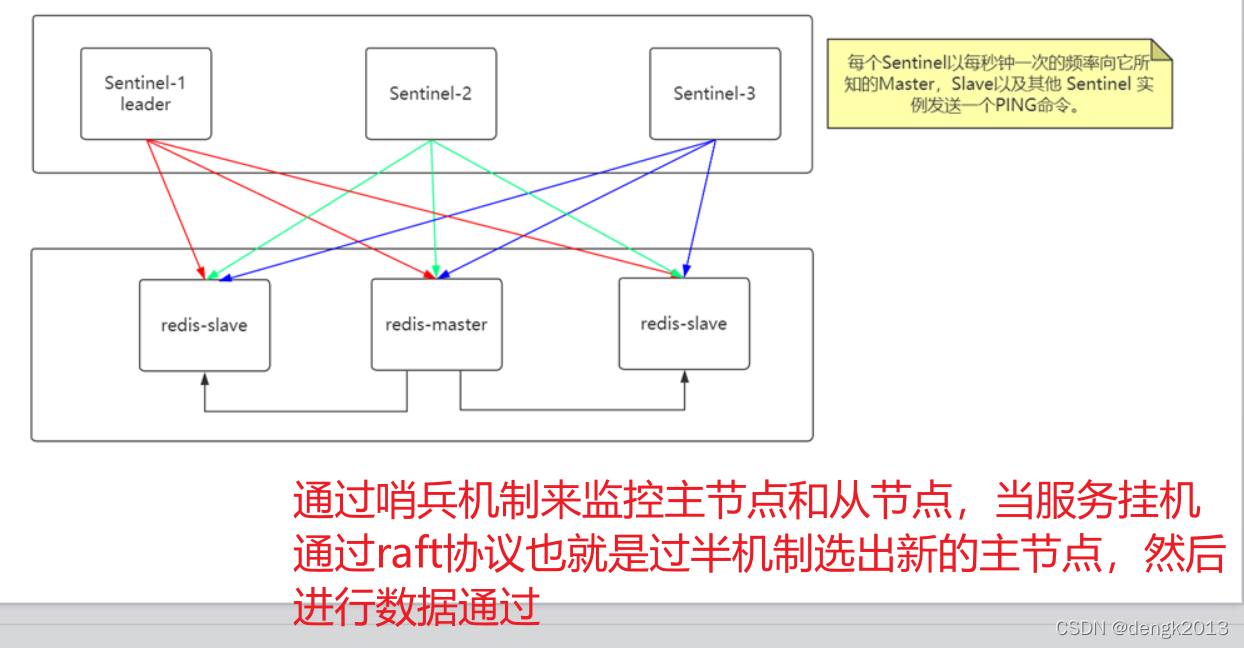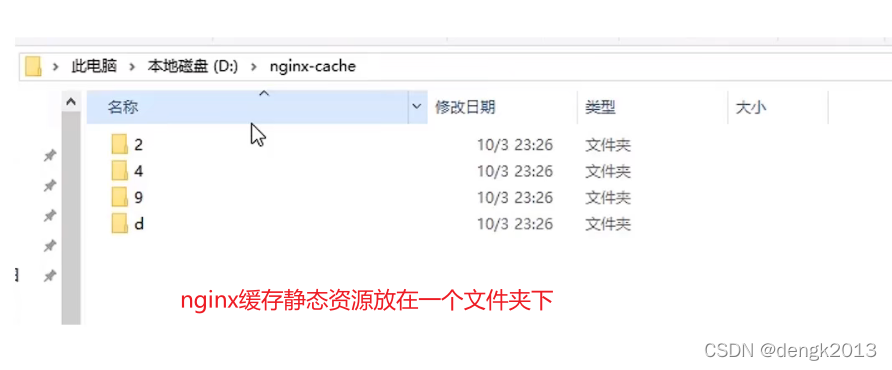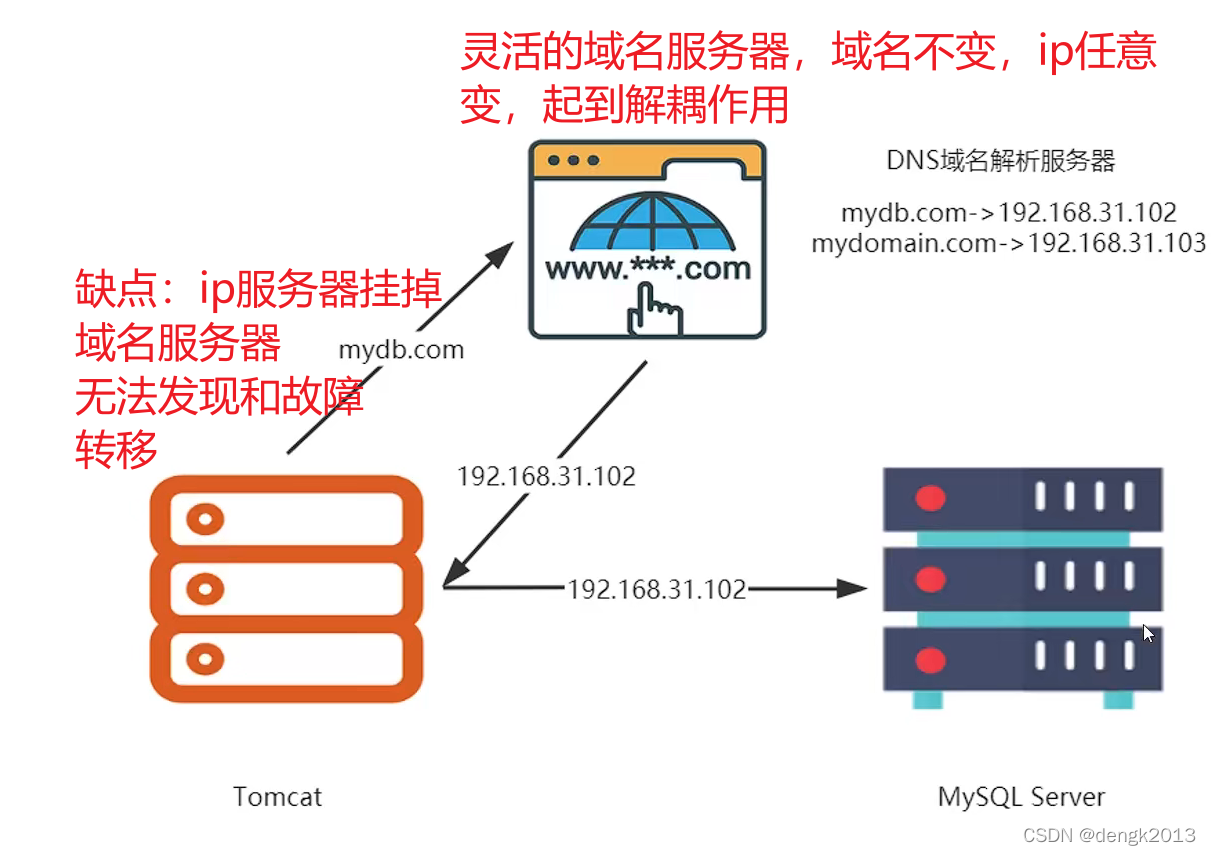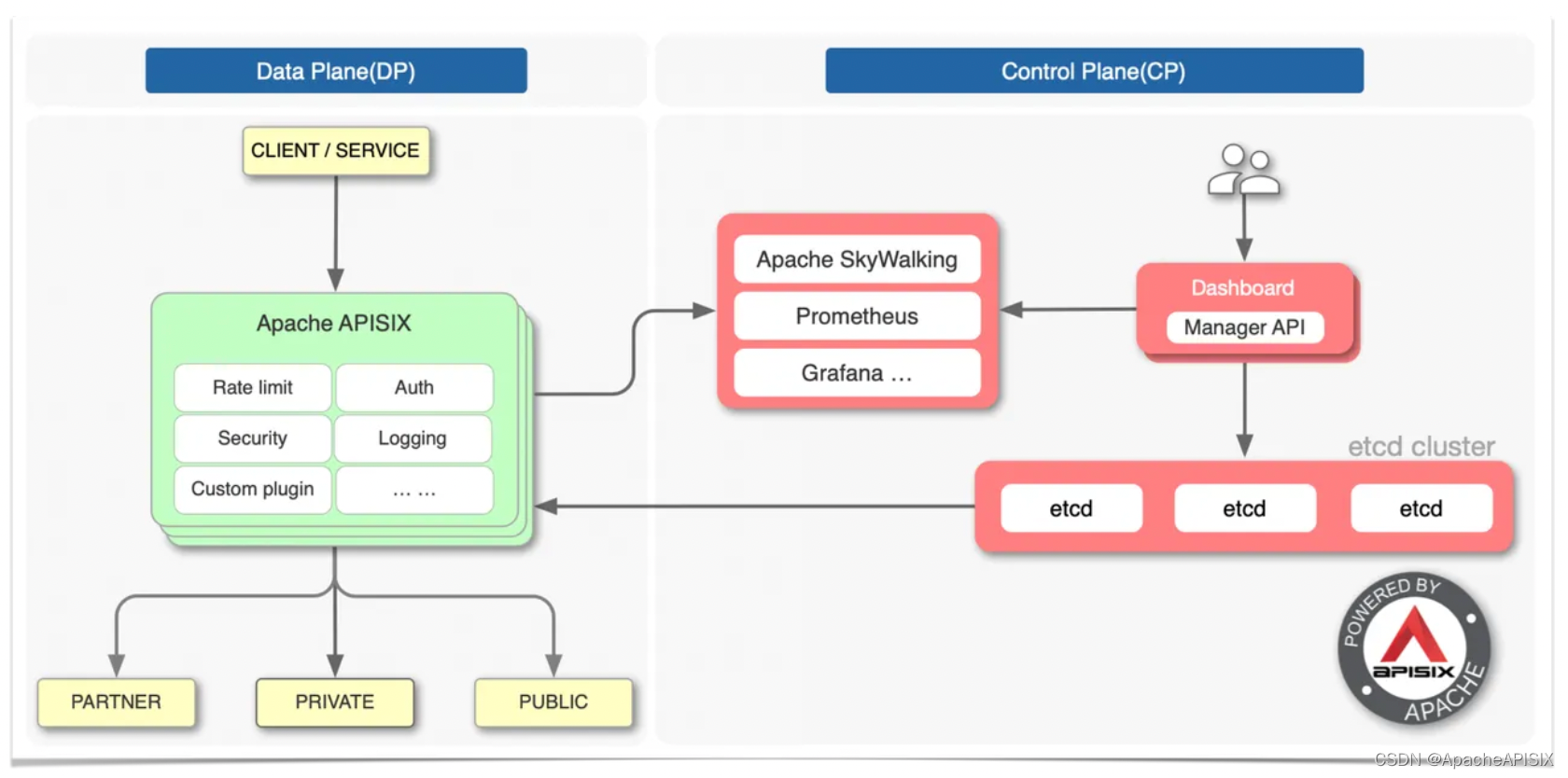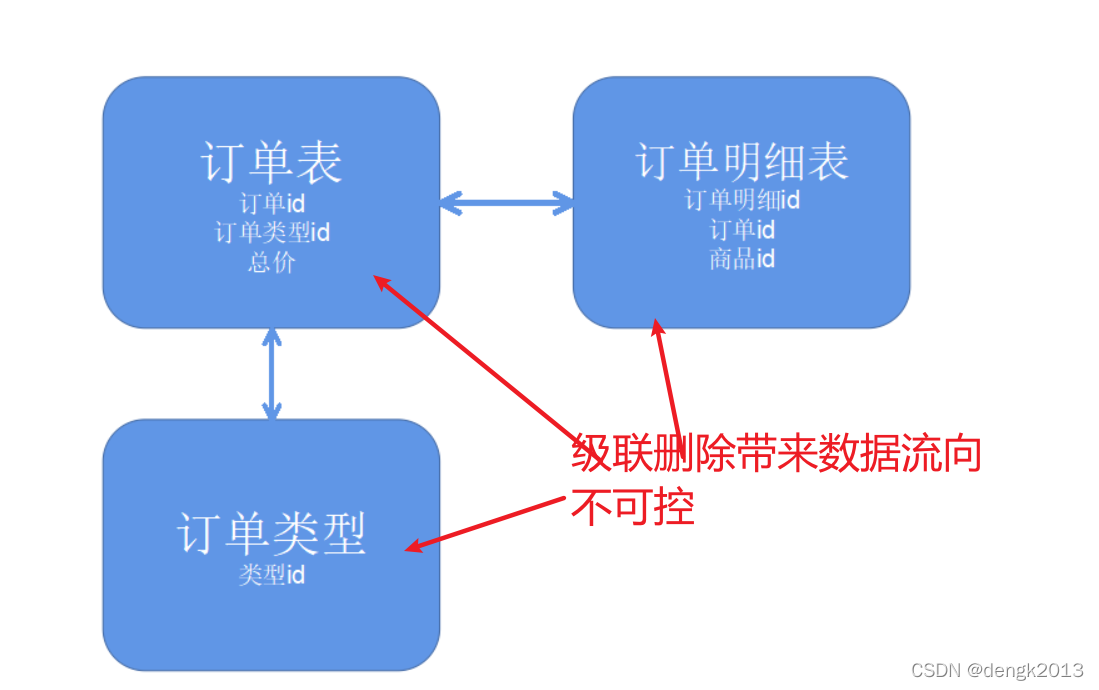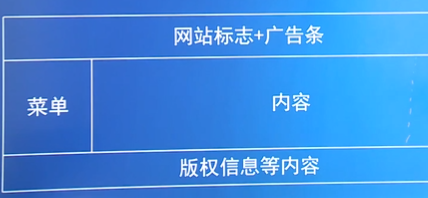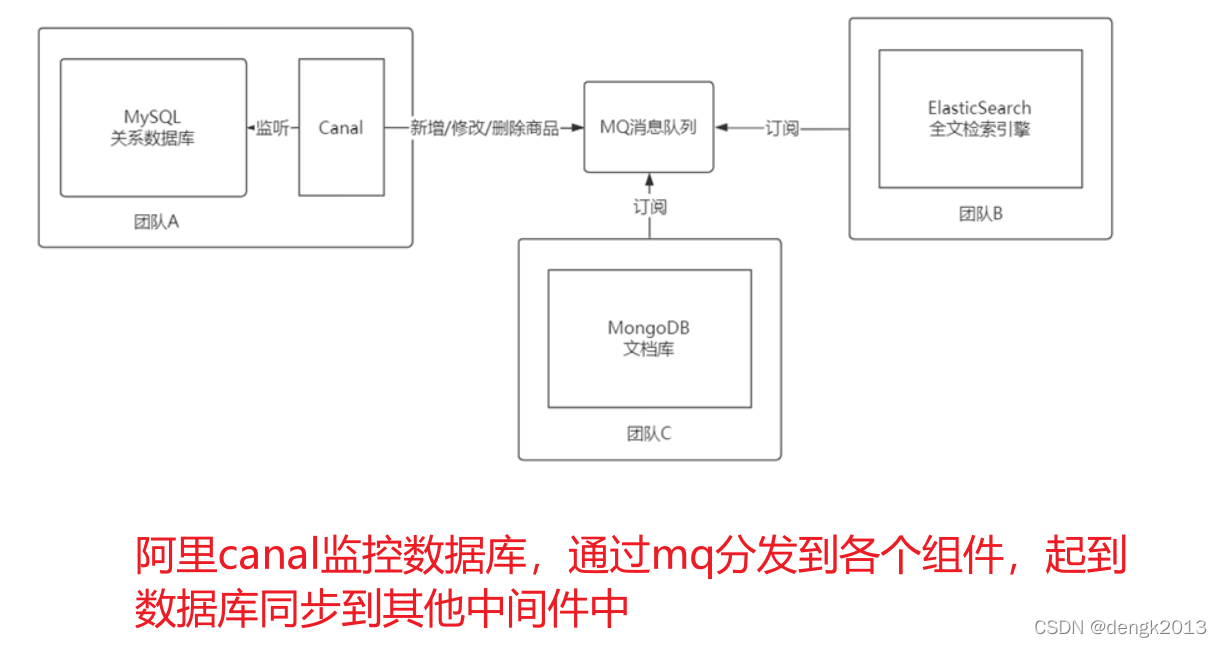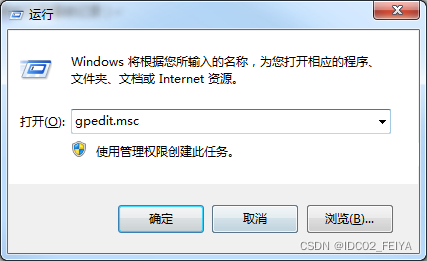当前位置:网站首页>C language --- string + memory function
C language --- string + memory function
2022-04-23 15:42:00 【Tea rainbow】
Catalog
Two 、 Unlimited length string function
3、 ... and 、 Introduction to string functions with limited length
5、 ... and 、 Error message report
6、 ... and 、 Character classification function :
7、 ... and 、 Character conversion
8、 ... and 、 Memory manipulation function
Nine 、 Simulation Implementation strlen
Ten 、 Simulation Implementation strcpy
11、 ... and 、 Simulation Implementation strcat
Twelve 、 Simulation Implementation strstr
13、 ... and 、 Simulation Implementation memcpy
One 、 Find the string length
1.strlen
size_t strlen ( const char * str );
The string has '\0' As an end sign ,strlen Function returns in a string '\0' The number of characters that appear before ( It doesn't contain '\0' ).
The string that the argument points to must be in '\0' end . Note that the return value of the function is size_t, It's unsigned ( Fallible )
The following code is the comparison of unsigned numbers The answer should be >
#include <string.h>
#include <stdio.h>
int main()
{
char arr[] = "abcdef";
int len = strlen(arr);
printf("%d\n", len);
if ((int)strlen("abc") - (int)strlen("qwerty") > 0)
{
printf(">\n");
}
else
{
printf("<=\n");
}
return 0;
}Two 、 Unlimited length string function
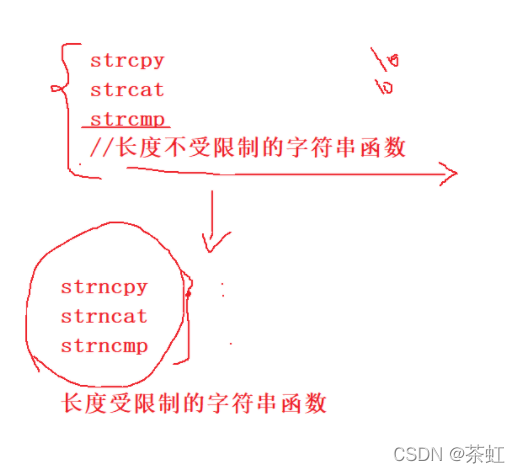
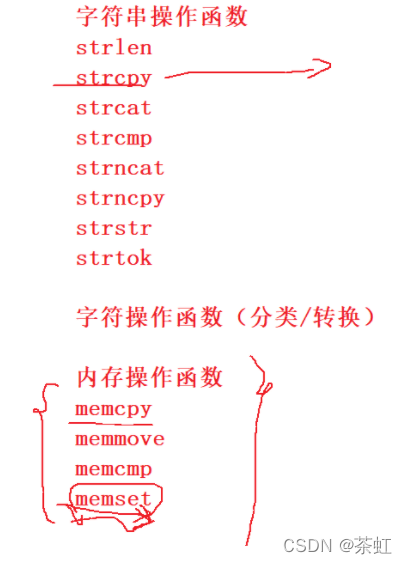
1.strcpy
char* strcpy(char * destination, const char * source );
The source string must be in '\0' end . In the source string '\0' Copy to target space .
The target space has to be large enough , To ensure that the source string can be stored . The target space has to be variable .
int main()
{
//const char* arr3 = "qwertyuiop";
//arr1 Points to a constant string , Constants are immutable , So it can't be used for strcpy To copy
char arr1[] = "asdnsakhas";
char arr2[] = "abcdef";
strcpy(arr1, arr2);
printf("%s\n", arr1);
return 0;
}#include <string.h>
#include <stdio.h>
#include <assert.h>
//strcpy The function returns the starting address of the target space
//strcpy The return type of the function is set to achieve chained access
char* my_strcpy(char*dest, const char* src)
{
assert(src && dest); //assert(src != NULL); assert(dest != NULL);
char* ret = dest;
while(*dest++ = *src++)
{
;
}
return ret;
}
int main()
{
char arr1[20] = { 0 };
const char* arr2 = "hello bit";
printf("%s\n", my_strcpy(arr1, arr2));
return 0;
}
2.strcmp
int strcmp ( const char * str1, const char * str2 );
The standard stipulates :
The first string is larger than the second string , Return greater than 0 The number of
The first string is equal to the second string , Then return to 0
The first string is less than the second string , Then return less than 0 The number of
int my_strcmp(const char* s1, const char* s2)
{
assert(s1 && s2);
while (*s1 == *s2)
{
if (*s1 == '\0')
{
return 0;// equal
}
s1++;
s2++;
}
// It's not equal
if (*s1 > *s2)
return 1;
else
return -1;
}
int my_strcmp(const char* s1, const char* s2)
{
assert(s1 && s2);
while (*s1 == *s2)
{
if (*s1 == '\0')
{
return 0;// equal
}
s1++;
s2++;
}
// It's not equal
return *s1 - *s2;
}
int main()
{
char arr1[] = "abcd";
char arr2[] = "abdc";
int ret = my_strcmp(arr1, arr2);
if (ret >0)
{
printf(">\n");
}
else if (ret == 0)
{
printf("== \n");
}
else
{
printf("<\n");
}
printf("%d\n", ret);
return 0;
}3.strcat
char * strcat ( char * destination, const char * source );
The source string must be in '\0' end . The target space must be large enough , It can hold the contents of the source string .
The target space must be modifiable .
#include <string.h>
#include <stdio.h>
#include <assert.h>
char* my_strcat(char* dest, char* src)
{
assert(dest && src);
char* ret = dest;
// Find... In the target space \0
while (*dest)
{
dest++;
}
// Copy
while (*dest++ = *src++)
{
;
}
return ret;
}
int main()
{
char arr1[20] = "hello";
char arr2[] = " bit";
printf("%s\n", my_strcat(arr1, arr2));
return 0;
}The string appends itself , how ?
#include <string.h>
#include <stdio.h>
#include <assert.h>
char* my_strcat(char* dest, char* src)
{
assert(dest && src);
char* ret = dest;
// Find... In the target space \0
while (*dest)
{
dest++;
}
// Copy
while (*dest++ = *src++)
{
;
}
return ret;
}
int main()
{
char arr[20] = "bit";
my_strcat(arr, arr);
printf("%s\n", arr);
return 0;
}3、 ... and 、 Introduction to string functions with limited length
1.strncpy
char * strncpy ( char * destination, const char * source, size_t num );
Copy num Characters from the source string to the target space . If the length of the source string is less than num, After copying the source string , Add... After the target 0, until num individual .
int main()
{
char arr1[] = "abcdef";
char arr2[] = "qwe";
strncpy(arr1, arr2, 5);
printf("%s\n", arr1);
return 0;
}2.strncat
char * strncat ( char * destination, const char * source, size_t num );
/* strncat example */
#include <stdio.h>
#include <string.h>
int main ()
{
char str1[20];
char str2[20];
strcpy (str1,"To be ");
strcpy (str2,"or not to be");
strncat (str1, str2, 6);
puts (str1);
return 0;
}Output results :To be or not
int main()
{
char arr1[20] = "abcdef\0XXXXXXXX";
char arr2[] = "qwe";
strncat(arr1, arr1, 5);
printf("%s\n", arr1);
return 0;
}
Output results :abcdefabcde meet \0 It is considered to be the end of the string .
3.strncmp
int strncmp ( const char * str1, const char * str2, size_t num );
Compare to the occurrence of a different character or the end of a string or num Compare all the characters .

/* strncmp example */
#include <stdio.h>
#include <string.h>
int main ()
{
char str[][5] = { "R2D2" , "C3PO" , "R2A6" };
int n;
puts ("Looking for R2 astromech droids...");
for (n=0 ; n<3 ; n++)
if (strncmp (str[n],"R2xx",2) == 0)
{
printf ("found %s\n",str[n]);
}
return 0;
}
Output results :
Looking for R2 astromech droids...
found R2D2
found R2A6
int main()
{
char arr1[] = "abcdef";
char arr2[] = "abcdq";
int ret = strncmp(arr1, arr2, 5);
printf("%d\n", ret);
return 0;
}Four 、 String search
1.strstr
char * strstr ( const char *str1, const char * str2);
/* strstr example */
#include <stdio.h>
#include <string.h>
int main ()
{
char str[] ="This is a simple string";
char * pch;
pch = strstr (str,"simple");
strncpy (pch,"sample",6);
puts (str);
return 0;
} The output is :This is a sample string
#include <string.h>
#include <stdio.h>
#include <assert.h>
char* my_strstr(const char* str1, const char* str2)
{
assert(str1 && str2);
const char* s1 = str1;
const char* s2 = str2;
const char* cur = str1;
while (*cur)
{
s1 = cur;
s2 = str2;
while (*s1 && *s2 && (*s1 == *s2))
{
s1++;
s2++;
}
if (*s2 == '\0')
{
return (char*)cur;
}
cur++;
}
return NULL;// Can't find
}
int main()
{
char arr1[] = "abbbcdef";
char arr2[] = "bbc";
char* ret = my_strstr(arr1, arr2);
if (NULL == ret)
{
printf(" No strings found \n");
}
else
{
printf("%s\n", ret);
}
return 0;
}2.strtok
char * strtok ( char * str, const char * sep );
sep The parameter is a string , Defines the set of characters used as separators
The first parameter specifies a string , It contains 0 One or more by sep A character separated by one or more separators in a string remember .
strtok Function found str The next mark in , And use it \0 ending , Returns a pointer to the tag .( notes : strtok Function changes the string being manipulated , So it's using strtok The string segmented by function is usually the content of temporary copy And it can be modified .)
strtok The first argument of the function is not NULL , Function will find str The first mark in ,strtok The function will save it in the string Position in .
strtok The first argument to the function is NULL , The function will start at the same position in the string that is saved , Find the next target remember .
If there are no more tags in the string , Then return to NULL The pointer .
/* strtok example */
#include <stdio.h>
#include <string.h>
int main ()
{
char str[] ="- This, a sample string.";
char * pch;
printf ("Splitting string \"%s\" into tokens:\n",str);
pch = strtok (str," ,.-");
while (pch != NULL)
{
printf ("%s\n",pch);
pch = strtok (NULL, " ,.-");
}
return 0;
}Output results :
Splitting string "- This, a sample string." into tokens:
This
a
sample
string
#include <stdio.h>
int main()
{
char *p = "[email protected]";
const char* sep = ".@";
char arr[30];
char *str = NULL;
strcpy(arr, p);// Make a copy of the data , Handle arr Contents of array
for(str=strtok(arr, sep); str != NULL; str=strtok(NULL, sep))
{
printf("%s\n", str);
}
}Output results :
zhangpengwei
bitedu
tech
5、 ... and 、 Error message report
strerror
char * strerror ( int errnum );
Return error code , The corresponding error message .
Global variables :errno( Error code )
#include <stdio.h>
#include <string.h>
#include <limits.h>
#include <errno.h>
#include <stdlib.h>
int main()
{
printf("%s\n", strerror(0));
printf("%s\n", strerror(1));
printf("%s\n", strerror(2));
printf("%s\n", strerror(3));
int* p = (int*)malloc(INT_MAX);// If you want to apply for memory in the heap Need to add header file :#include <limits.h>
//malloc If the function space application fails, a null pointer will be returned
if (p == NULL)
{
printf("%s\n", strerror(errno));
perror("Malloc");
return 1;
}
return 0;
}Output results :
No error
Operation not permitted
No such file or directory
No such process
Not enough space
Malloc: Not enough space
6、 ... and 、 Character classification function :
| function | If his parameters meet the following conditions, it returns true |
|---|---|
| iscntrl | Any control character |
| isspace | Blank character : Space ‘ ’, Change the page ‘\f’, Line break '\n', enter ‘\r’, tabs '\t' Or vertical tabs '\v' |
| isdigit | Decimal number 0~9 |
| isxdigit | Hexadecimal number , Include all decimal digits , Lowercase letters a~f, Capital A~F |
| islower | Lowercase letters a~z |
| isupper | Capital A~Z |
| isalpha | Letter a~z or A~Z |
| isalnum | Letters or numbers ,a~z,A~Z,0~9 |
| ispunct | Punctuation , Any graphic character that is not a number or letter ( Printable ) |
| isgraph | Any graphic character |
| isprint | Any printable character , Including graphic characters and white space characters |
int main()
{
char ch = 'A';
putchar(toupper(ch)); //A
putchar(tolower(ch)); //a
return 0;
}7、 ... and 、 Character conversion
int tolower ( int c );
int toupper ( int c );
/* isupper example */
#include <stdio.h>
#include <ctype.h>
int main ()
{
int i=0;
char str[]="Test String.\n";
char c;
while (str[i])
{
c=str[i];
if (isupper(c))
c=tolower(c);
putchar (c);
i++;
}
return 0;
}8、 ... and 、 Memory manipulation function
1.memcpy
void * memcpy ( void * destination, const void * source, size_t num );
function memcpy from source The position of begins to be copied back num Bytes of data to destination Memory location for .
This function is encountering '\0' It doesn't stop .
If source and destination There is any overlap , The results of replication are undefined .
int main()
{
int arr1[] = { 1,2,3,4,5 };
int arr2[] = { 1,2,3,4,0x11223305 };
int ret = memcmp(arr1, arr2, 18);
printf("%d\n", ret);
return 0;
}/* memcpy example */
#include <stdio.h>
#include <string.h>
struct
{
char name[40];
int age;
} person, person_copy;
int main ()
{
char myname[] = "Pierre de Fermat";
/* using memcpy to copy string: */
memcpy ( person.name, myname, strlen(myname)+1 );
person.age = 46;
/* using memcpy to copy structure: */
memcpy ( &person_copy, &person, sizeof(person) );
printf ("person_copy: %s, %d \n", person_copy.name, person_copy.age );
return 0;
}2.memmove
void * memmove ( void * destination, const void * source, size_t num );
and memcpy The difference is that memmove The source and target memory blocks processed by the function can overlap .
If the source space and the target space overlap , You have to use memmove Function processing .
/* memmove example */
#include <stdio.h>
#include <string.h>
int main ()
{
char str[] = "memmove can be very useful......";
memmove (str+20,str+15,11);
puts (str);
return 0;
}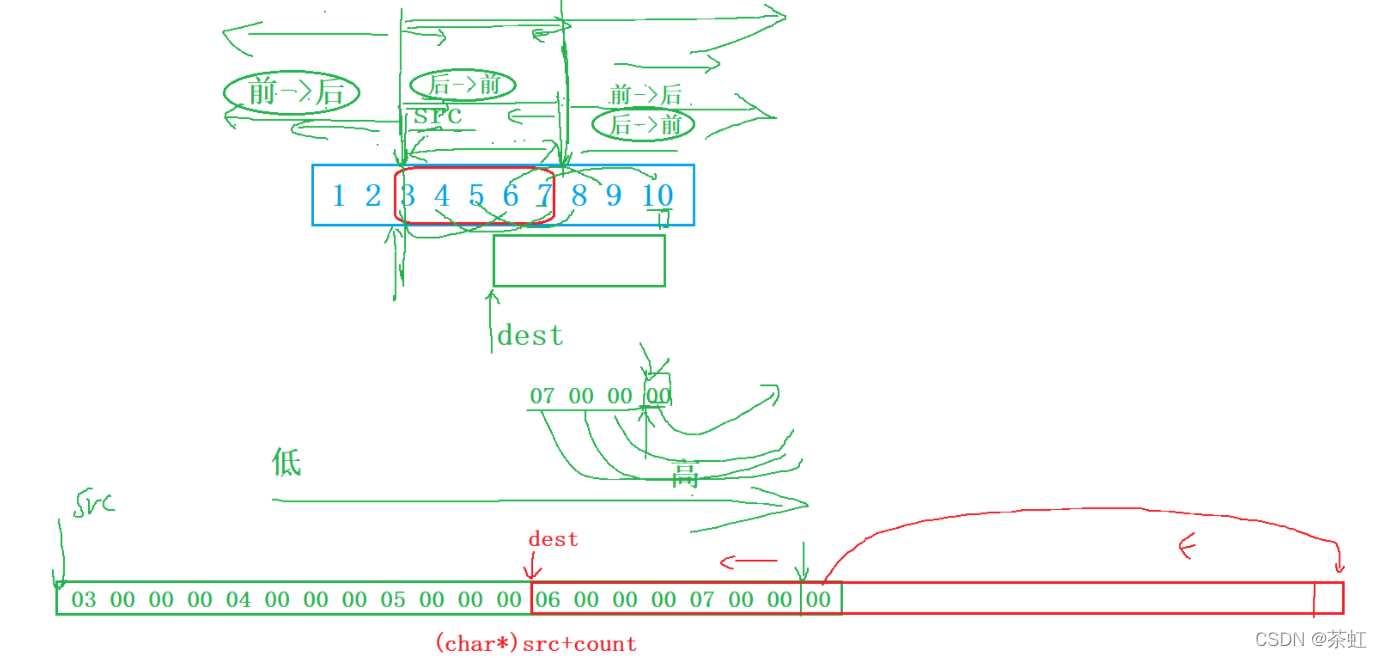
#include <stdio.h>
#include <string.h>
#include <limits.h>
#include <errno.h>
#include <stdlib.h>
#include <ctype.h>
#include <assert.h>
void* my_memcpy(void* dest, const void* src, size_t count)
// The original data does not need to be changed , So add const modification src Enhance code robustness
{
assert(dest && src); // Assertion Can't be a null pointer
void* ret = dest;
while (count--)
{
*(char*)dest = *(char*)src;// Cast is not permanent
dest = (char*)dest + 1;
//dest yes void* Of type must first be cast to char* Add after type 1, Last void* Type can accept any type of pointer
src = (char*)src + 1;
}
return ret;
}
void* my_memmove(void* dest, const void*src, size_t count)
{
assert(dest && src);
void* ret = dest;
if (dest < src)
{
// front -> after
while (count--)
{
*(char*)dest = *(char*)(src);
dest = (char*)dest + 1;
src = (char*)src + 1;
}
}
else
{
// after -> front
while (count--)
{
*((char*)dest+count) = *((char*)src + count);
}
}
return ret;
}
// hold 1 2 3 4 5 copy to 3 4 5 6 7 The location of
int main()
{
int arr1[10] = { 1,2,3,4,5,6,7,8,9,10 };
int arr2[5] = { 0 };
my_memcpy(arr2, arr1, 20);
int arr3[10] = { 1,2,3,4,5,6,7,8,9,10 };
// 1 2 1 2 3 4 5 8 9 10
memcpy(arr3+2, arr3, 20);
//my_memmove(arr3+2, arr1, 20);// It can realize the copy of overlapping memory Copy the front to the back
my_memmove(arr3, arr3+2, 20);// It can realize the copy of overlapping memory Copy the back to the front
int i = 0;
int sz = sizeof(arr3) / sizeof(arr3[0]);
for (i = 0; i < sz; i++)
{
printf("%d ", arr3[i]);
}
return 0;
}
3.memcmp
int memcmp ( const void * ptr1, const void * ptr2, size_t num );
Compare from ptr1 and ptr2 The pointer starts with num Bytes
The return value is as follows :

/* memcmp example */
#include <stdio.h>
#include <string.h>
int main ()
{
char buffer1[] = "DWgaOtP12df0";
char buffer2[] = "DWGAOTP12DF0";
int n;
n=memcmp ( buffer1, buffer2, sizeof(buffer1) );
if (n>0) printf ("'%s' is greater than '%s'.\n",buffer1,buffer2);
else if (n<0) printf ("'%s' is less than '%s'.\n",buffer1,buffer2);
else printf ("'%s' is the same as '%s'.\n",buffer1,buffer2);
return 0;
}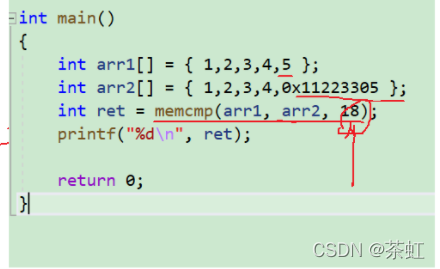
4.memset()
int main()
{
int arr[] = { 0x11111111,0x22222222,3,4,5 };
memset(arr, 6, 20);//memset Initializes memory units in bytes
return 0;
}
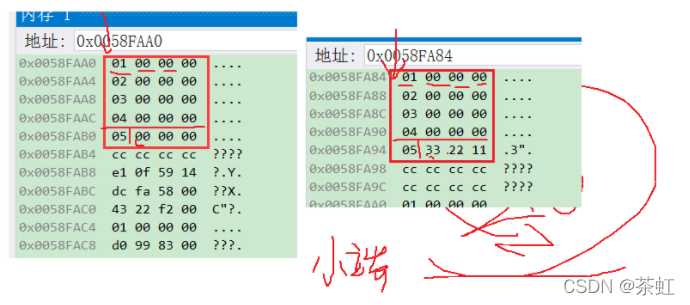
Nine 、 Simulation Implementation strlen
The way 1:
// Counter mode
int my_strlen(const char * str)
{
int count = 0;
while(*str)
{
count++;
str++;
}
return count;
}The way 2:
// Cannot create temporary variable counter
int my_strlen(const char * str)
{
if(*str == '\0')
return 0;
else
return 1+my_strlen(str+1);
}The way 3:
// The pointer - The way of the pointer
int my_strlen(char *s)
{
char *p = s;
while(*p != ‘\0’ )
p++;
return p-s;
}Ten 、 Simulation Implementation strcpy
//1. Parameter sequence
//2. Function functions , Stop conditions
//3.assert
//4.const Modify a pointer
//5. Function return value
//6. The title comes from 《 High-quality C/C++ Programming 》 The last part of the book is the test question
char *my_strcpy(char *dest, const char*src)
{
char *ret = dest;
assert(dest != NULL);
assert(src != NULL);
while((*dest++ = *src++))
{
;
}
return ret;
}11、 ... and 、 Simulation Implementation strcat
char *my_strcat(char *dest, const char*src)
{
char *ret = dest;
assert(dest != NULL);
assert(src != NULL);
while(*dest)
{
dest++;
}
while((*dest++ = *src++))
{
;
}
return ret;
}Twelve 、 Simulation Implementation strstr
char * strstr (const char * str1, const char * str2)
{
char *cp = (char *) str1;
char *s1, *s2;
if ( !*str2 )
return((char *)str1);
while (*cp)
{
s1 = cp;
s2 = (char *) str2;
while ( *s1 && *s2 && !(*s1-*s2) )
s1++, s2++;
if (!*s2)
return(cp);
cp++;
}
return(NULL);
}13、 ... and 、 Simulation Implementation memcpy
void * memcpy ( void * dst, const void * src, size_t count)
{
void * ret = dst;
assert(dst);
assert(src);
/*
* copy from lower addresses to higher addresses
*/
while (count--)
{
*(char *)dst = *(char *)src;
dst = (char *)dst + 1;
src = (char *)src + 1;
}
return(ret);
}版权声明
本文为[Tea rainbow]所创,转载请带上原文链接,感谢
https://yzsam.com/2022/04/202204231532440056.html
边栏推荐
猜你喜欢
随机推荐
fatal error: torch/extension. h: No such file or directory
KNN, kmeans and GMM
幂等性的处理
IronPDF for .NET 2022.4.5455
pywintypes.com_error: (-2147221020, ‘无效的语法‘, None, None)
Neodynamic Barcode Professional for WPF V11.0
码住收藏▏软件测试报告模板范文来了
单体架构系统重新架构
【AI周报】英伟达用AI设计芯片;不完美的Transformer要克服自注意力的理论缺陷
utils.DeprecatedIn35 因升级可能取消,该如何办
IronPDF for . NET 2022.4.5455
c语言---指针进阶
Code live collection ▏ software test report template Fan Wen is here
移动app测试如何进行?
Sorting and replying to questions related to transformer
Explanation 2 of redis database (redis high availability, persistence and performance management)
Multi level cache usage
Connect PHP to MSSQL via PDO ODBC
MySQL Cluster Mode and application scenario
Codejock Suite Pro v20.3.0


